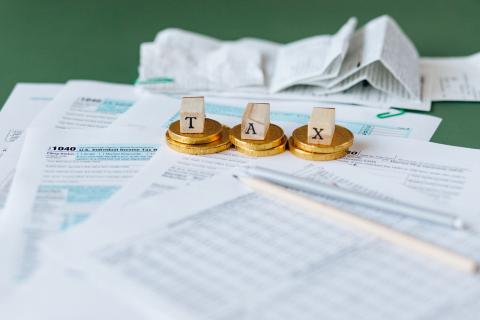Considering donating to a cause? There's a few things you should check first.
A growing number of parents are becoming concerned over the limitations of their college savings options and the poor returns they’re generating. 529 college savings plans have been criticized for their anemic returns and high fees, and parents are often limited to plans available in their state.
Tax scams are likely to increase over the next few months. Here’s how to spot one.
April 18th is fast approaching. Here's how to stay organized so you can get your taxes filed.
At the core of any successful financial enterprise, be it a household or a business, is a sound and effective budget plan that is used to drive all cash flow decisions, large and small, on a daily basis.
ETFs and index mutual funds are emerging as the investment of choice for investors who are discovering the virtues of passive investing. Not surprisingly they have both seen an explosion of growth and are especially popular choices for retirement plans and investors with a long time horizon.
With the popularity of robo-advisors, are financial professionals still necessary?
Unhappy with your current financial situation? Your daily habits may be to blame.
In the realm of investment advice, value is defined by what you receive from your advisory relationship that meets or exceeds your expectations. For most clients, it has much less to do with pricing or investment performance, than it has to do with the fulfillment of promises and commitments made at the outset of the relationship. But the commitments will only have value if they are based on your stated needs and expectations.
CEOs do it’ athletes do it; in fact, anyone who needs to be able to achieve a certain level of performance in order to achieve a specific goal constantly assesses where they are in relation to where they want to be. This is to ensure that available resources are being utilized optimally at all time.







